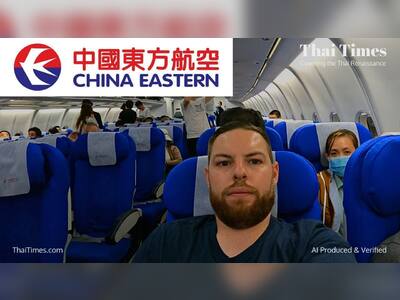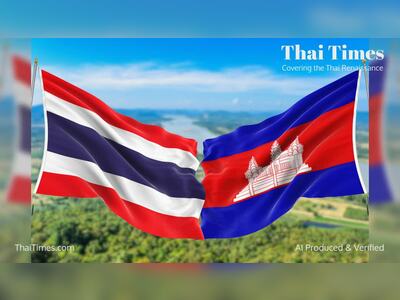UN Launches Chemsex Health Toolkit
New Initiative Targets Stigma in Asia-Pacific Healthcare
The United Nations has introduced a chemsex health toolkit aimed at improving healthcare access for individuals engaging in chemsex, while combating associated stigma, particularly in the Asia-Pacific region.
This initiative was announced at the 6th Asia-Pacific Chemsex Symposium held in Bangkok and developed by the Joint United Nations Programme on HIV/AIDS (UNAIDS) and the United Nations Office on Drugs and Crime.
Chemsex involves using specific drugs to enhance or prolong sexual experiences.
The toolkit offers guidance for health providers to deliver empathetic and nonjudgmental care to gay, bisexual men, men who have sex with men, and transgender women, helping them navigate stigmatization and regulatory challenges common in the region.
Stakeholders involved in the symposium include the Institute of HIV Research and Innovation, Universiti Malaya, Swing Thailand, HEART Taiwan, and the Malaysian Aids Foundation.
Suniya Taimour from UNAIDS highlighted the need for healthcare providers to be better educated on chemsex to improve care quality, using Thailand's relatively progressive approach as a model for other countries.
This initiative was announced at the 6th Asia-Pacific Chemsex Symposium held in Bangkok and developed by the Joint United Nations Programme on HIV/AIDS (UNAIDS) and the United Nations Office on Drugs and Crime.
Chemsex involves using specific drugs to enhance or prolong sexual experiences.
The toolkit offers guidance for health providers to deliver empathetic and nonjudgmental care to gay, bisexual men, men who have sex with men, and transgender women, helping them navigate stigmatization and regulatory challenges common in the region.
Stakeholders involved in the symposium include the Institute of HIV Research and Innovation, Universiti Malaya, Swing Thailand, HEART Taiwan, and the Malaysian Aids Foundation.
Suniya Taimour from UNAIDS highlighted the need for healthcare providers to be better educated on chemsex to improve care quality, using Thailand's relatively progressive approach as a model for other countries.











